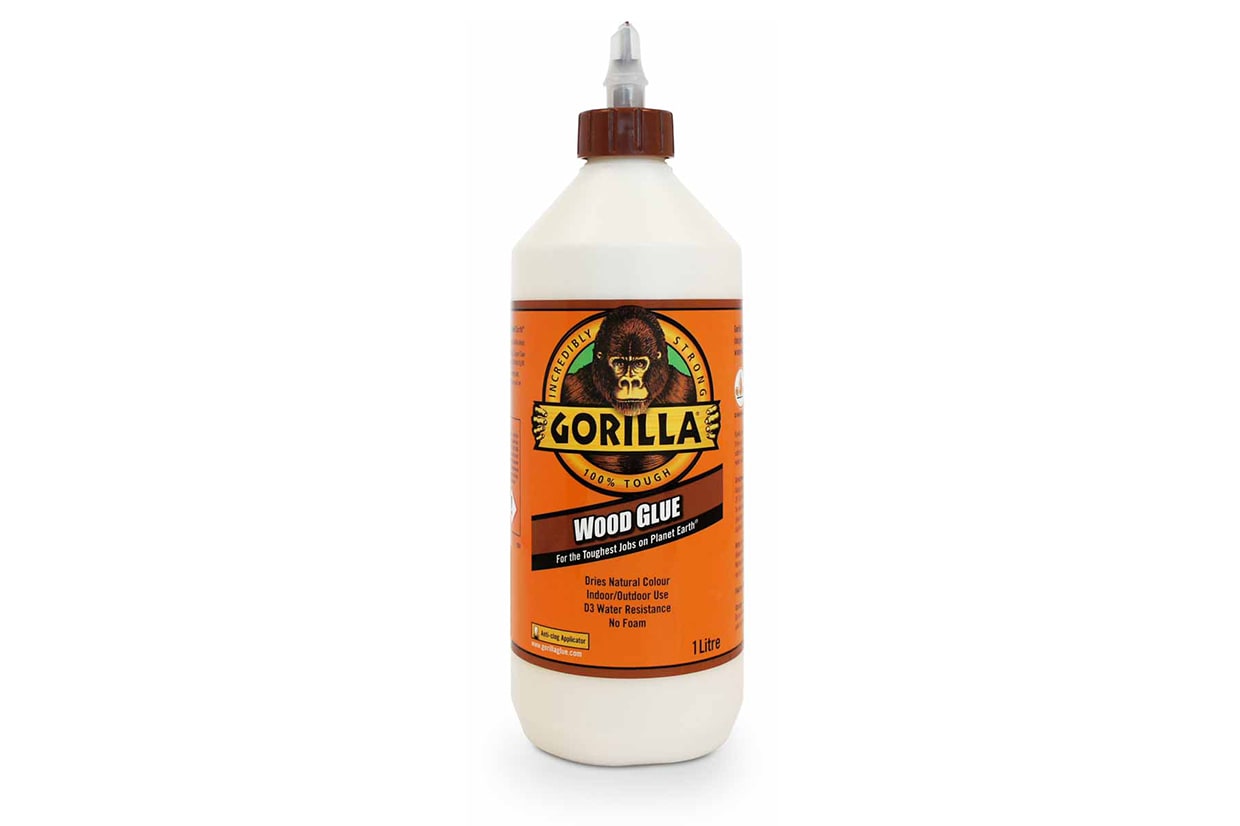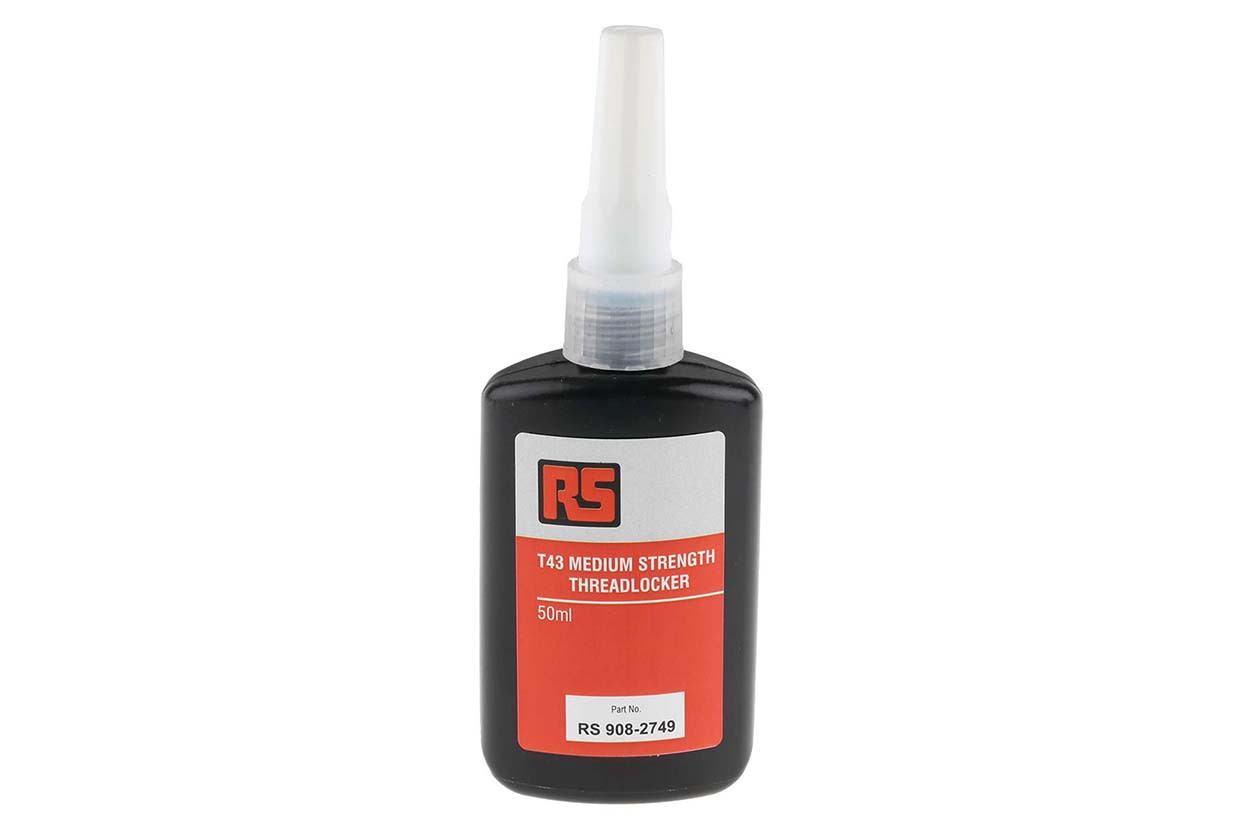Adhesives & Glues
Whether you need to repair broken furniture, create new DIY projects or engage in more demanding industrial duties, RS offers an extensive range of adhesive solutions for a range of glueing applications. Our range includes everything from cyanoacrylates to glue sticks, sprays to potting compounds and everything in-between, supplied by key manufacturers including Loctite and Araldite as well as our very own RS PRO.
Types of adhesive and glues
Depending on the particular properties of glues and adhesives, their applications can vary. Some of them can be practical for decorating, household fixes and DIY jobs, whereas other types which are characterised by a stronger resistance are the best suited for large-scale industrial works, for example, vehicle maintenance.
The most common adhesives and sealants on the market are polymer resins, they’re called this because the adhesive substances contained in liquid state harden and bond as a result of the polymerisation process. Some common types of adhesives are:
- Acrylic
- Conductive
- Cyanoacrylate - They are most commonly called superglue and normally provide instant, waterproof adhesion.
- Epoxy resins - A type of synthetic resin characterised by strong and waterproof adhesive action.
- Polyester resins (also known as contact resins).
- Polyurethane
- Polyvinyl
While other types of available glues are:
- Spray - Useful to even out the glue on larger surfaces
- Surface mount and silicone - Particularly resistant to extreme temperatures
- Thermal - Conductive of temperature and electrical insulating
How do I improve the efficacy of glue and adhesives?
There are different add-ons you can use to get the best out of your glues. Adhesive brushes, for example, come handy to even out the adhesive compound on larger surfaces, whereas activators, deactivators and threadlockers modulate the power of adhesion.
Curing, namely the creation of a stable linkage following a chemical reaction or a physical action, is the core of the adhesive action. Accessories are available to optimise the efficiency of glues and adhesives, for example, activators enhance the curing speed of the components without compromising the strength of the bond. The opposite effect is obtained with debonders, which as the name suggests are responsible for decreasing the bond strength, so they’re the best option when it comes to removing adhesive glue as it prevents leaving marks from scraping. Thread-locking fluids, also known as threadlockers, help prevent the self-loosening, leakage and corrosion.
What adhesive can I use to glue two fabrics together?
In the absence of specifically designed textile glue, polyester and acrylic resins still remain the best choice as they are resistant to several other materials including wood, plastic, ceramic, metal and carton.
Guides & Articles

Adhesives Guide





